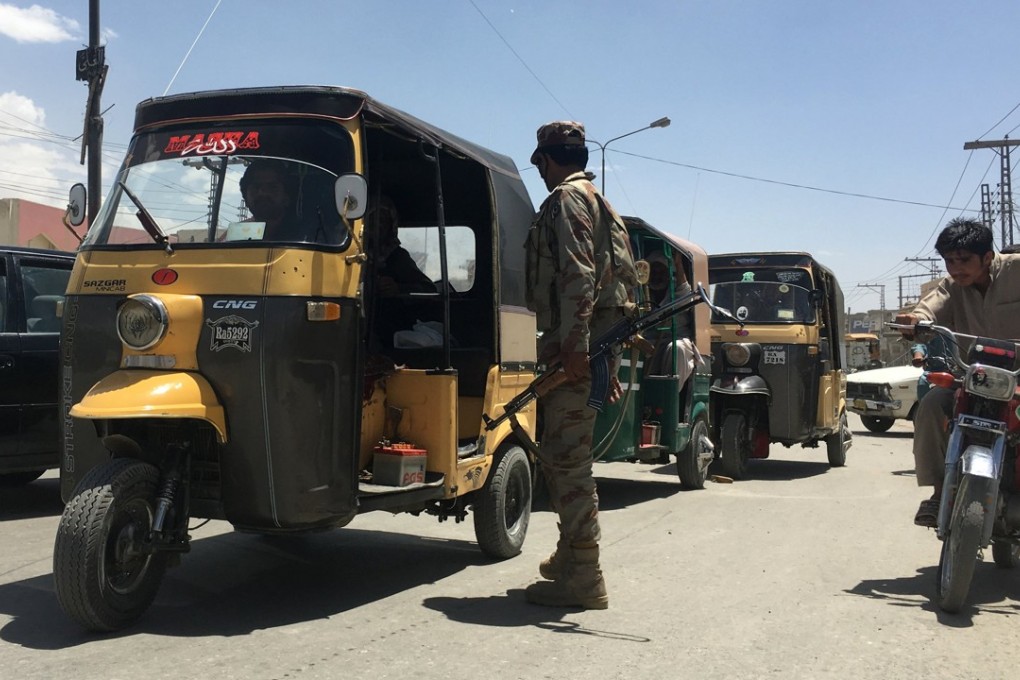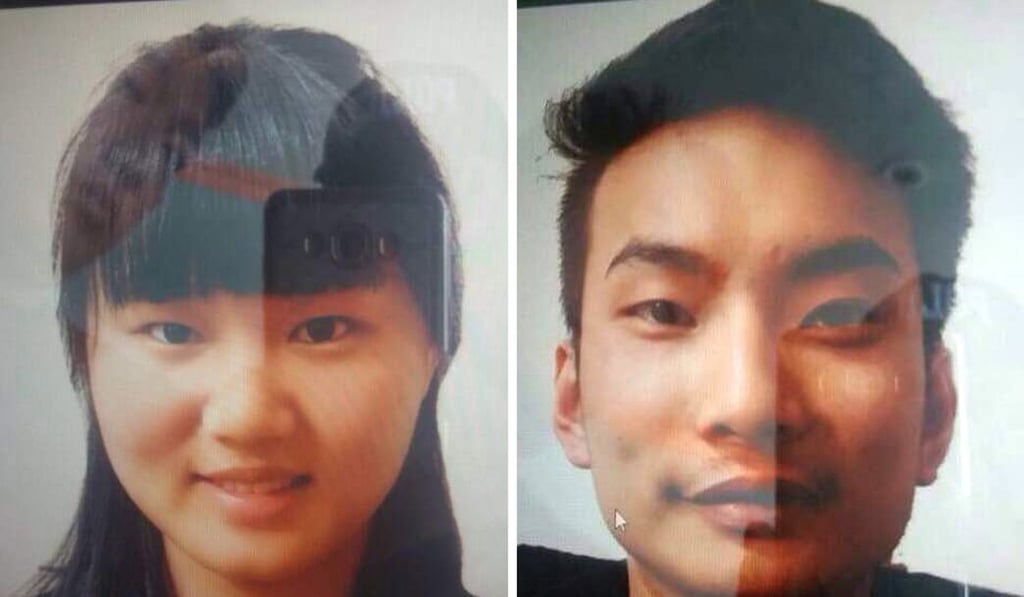Chinese nationals face tighter visa rules in Pakistan after duo kidnapped and killed
Chinese nationals seeking to renew Pakistan business visas would need referral letters and long-term business visa extensions under the revised rules

Pakistan is tightening business visa requirements for Chinese applicants in the wake of the alleged killing of two mainlanders by Islamic State extremists this month.
Under the revised rules for renewing existing liberal business visas, Chinese nationals would need to get referral letters and long-term business visa extensions from higher authorities in Pakistan, the Pakistan newspaper, the Dawn, reported.
The changes come after two Chinese nationals, Lee Zing Yang, 24 and Meng Lisi, 26, were abducted by Islamic State extremists in the Pakistan city of Quetta on May 24.

The Dawn reported that Chinese nationals seeking business visas would be asked to “present an invitation from a recognised body at Pakistan’s missions in China”, citing a meeting chaired by Pakistan Interior Minister Chaudhary Nisar Ali Khan.
Meanwhile, regional passport offices would no longer be able to grant visa extensions, since applications would be processed by higher authorities in the country’s capital, Islamabad, according to the report.